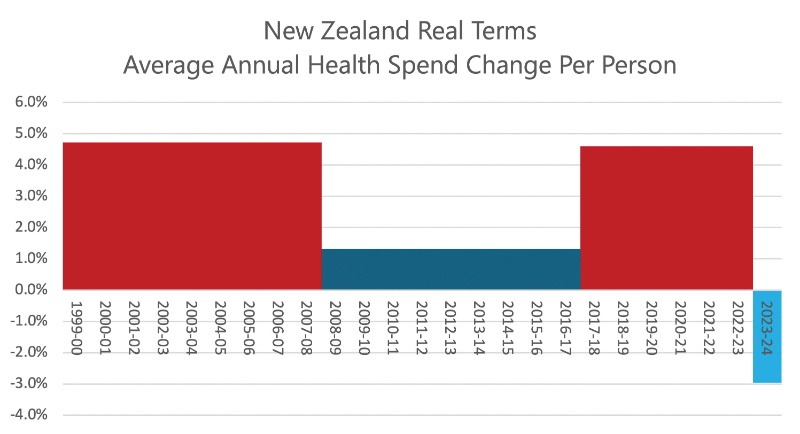Feedback wanted on oil emergency response strategy
Hon David Parker
Minister of Energy
29 September 2006
Feedback wanted on oil emergency response strategy
The government is seeking feedback on what it proposes to do in the event of an emergency disruption to oil supplies.
Energy Minister David Parker today released a discussion document on the development of an Oil Emergency Response Strategy.
The Ministry of Economic Development is developing this strategy in consultation with other agencies and stakeholders to make sure the country is ready to respond to any future emergency disruption in oil supplies.
The discussion document outlines a proposed approach for allocating roles and responsibilities in the event of an emergency disruptions, sets out the measures that could be taken in response, and provides some guidance for how these could be implemented.
David Parker said an effective response strategy would help to minimise the effects of a disruption on New Zealand, and ensure that New Zealand is able to meet its obligations as a member of the International Energy Agency (IEA).
The demand restraint measures proposed in the discussion document ranged from voluntary to mandatory measures, depending on the scale of disruption.
David Parker noted that such measures would only be implemented in response to an emergency oil supply disruption.
“Voluntary restraints would be introduced first, moving to mandatory measures only if the severity of the situation requires it. The discussion document canvasses a fixed sales requirement (to discourage hoarding), a speed limit reduction, and rationing as potential mandatory measures. Car-less days are not favoured, partly because of limited success with their implementation in the past.”
Comments on the discussion document are invited by 10 November 2006, and can be emailed to oilsecurity@med.govt.nz.
Copies of the discussion document can be found at www.med.govt.nz/discussion/
ENDS


 Gordon Campbell: On The Americanising Of NZ’s Public Health System
Gordon Campbell: On The Americanising Of NZ’s Public Health System NZ Labour Party: Govt Health And Safety Changes Put Workers At Risk
NZ Labour Party: Govt Health And Safety Changes Put Workers At Risk Amnesty International Aotearoa New Zealand: Democracy At Risk
Amnesty International Aotearoa New Zealand: Democracy At Risk Walk Without Fear Trust: New Sentencing Reforms Aimed At Restoring Public Safety Welcomed
Walk Without Fear Trust: New Sentencing Reforms Aimed At Restoring Public Safety Welcomed Rio Tinto & NZAS: Archaeological Project Underway From Historic Excavations At Tiwai Point
Rio Tinto & NZAS: Archaeological Project Underway From Historic Excavations At Tiwai Point New Zealand Deerstalkers Association: NZDA Urges Hunters To Prioritise Safety This Roar Season
New Zealand Deerstalkers Association: NZDA Urges Hunters To Prioritise Safety This Roar Season PSA: 1000 Days Since Landmark Pay Equity Deal Expired - Workers Losing $145 A Week
PSA: 1000 Days Since Landmark Pay Equity Deal Expired - Workers Losing $145 A Week


